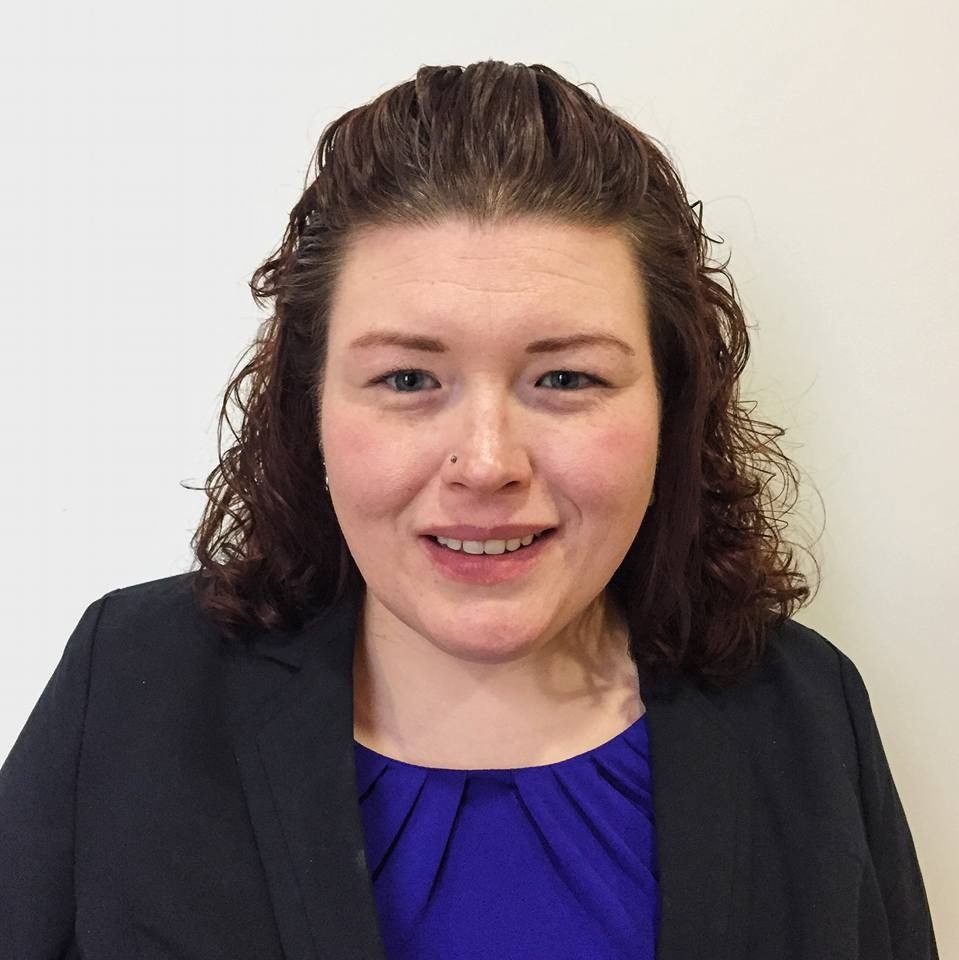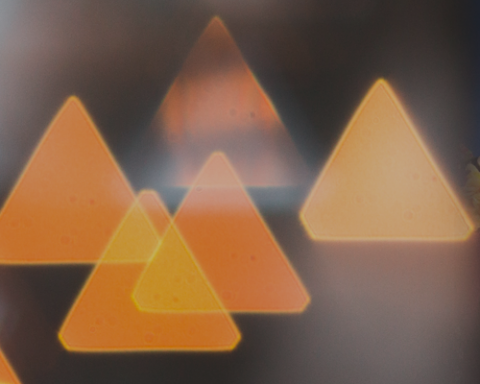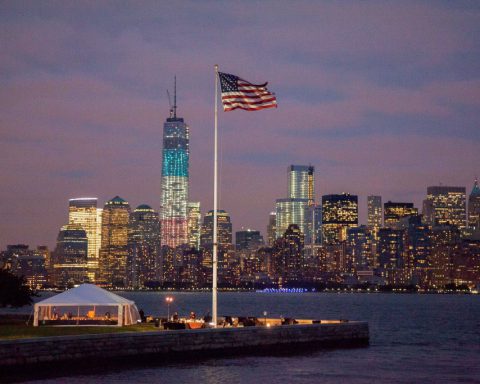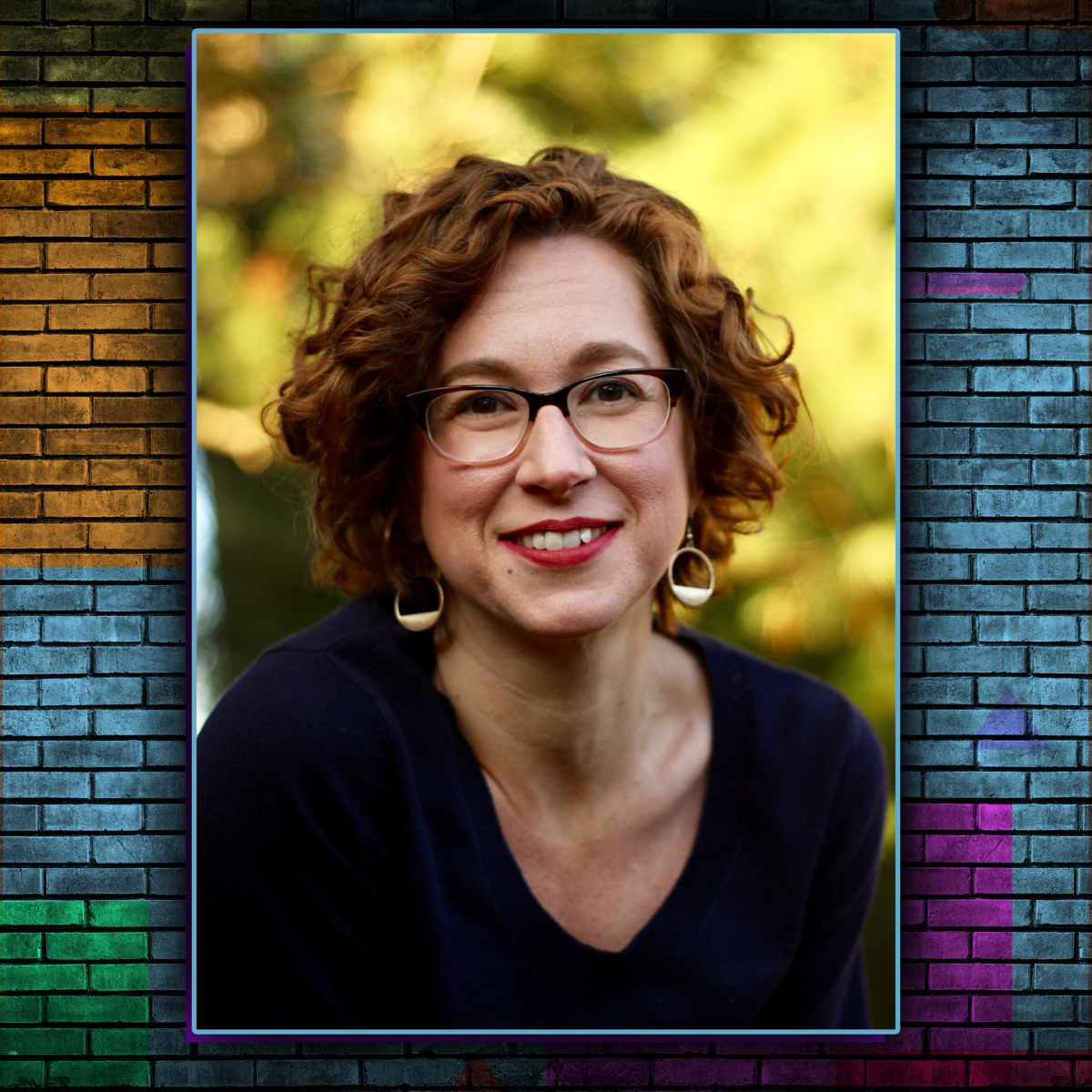Like millions of Americans who paid attention in seventh-grade Social Studies class, I was acculturated to believe that I descend from God-fearing people who came to the United States to live in an environment of religious tolerance and healthy capitalism.
In the mid-19th century, my great-great-grandparents moved from eastern Germany (then Pomerania) to present-day Romania/Moldova (then Bessarabia, or Southern Russia) to establish communities for German Baptists who were personae non gratae in their homelands. (For reasons that are still unclear to me, many German Baptists were considered dangerously radical at that time.) About fifty years later, my great-grandfather Thomas Lutz and his entire clan moved from Catalui, near the mouth of the Danube where it empties into the Black Sea, to the prairies of the Midwest. In 1898, Thomas received 160 acres in Carrington, North Dakota, through the Homestead Act. Per the government mandate, he dug a well and began cultivating the land, to “improve” it.
I’d like to think that my great-grandfather understood the social and political context in which he was inserting himself. I’d like to think that he was empathetic to the plight of the Michif Piyii, Yanktonai, and Ocheti Sakowin peoples whose land he was appropriating. At the very least, I’d like to think that he was wholly ignorant that he was stealing the land of others. But I’m not sure that he was or did, and that’s hard for me to accept as a progressive 21st-century follower of Christ.
While I have no historical proof of his motives, my hunch is that my great-grandfather — a man of reportedly stalwart faith, who had planted and pastored many churches in South Russia — saw in that move to North Dakota only continued opportunities to plant more churches on a new continent. Thomas Lutz was very likely one of thousands of European immigrants to North America who, as Mark Charles and Soong-Chan Rah explain in their book Unsettling Truths: the Ongoing, Dehumanizing Legacy of the Doctrine of Discovery, co-opted the narrative of the Israelites as God’s chosen people, seeking a promised land. If North Dakota was a promised land, then all the struggles that the Lutz and Liebig clans endured (e.g. carving out a life from nothing in a harsh climate, political persecution, social ostracization, drought, death) somehow made sense.
Not coincidentally, at around the same time that my great-grandfather Thomas and his wife Marie and children (and several in-laws and their spouses and children) moved to North America, Thomas’s sister Martha and her husband Peter Wedel moved to the then-German colony of Cameroon to serve as missionaries. I would imagine that their personal motivations were much the same, that they saw themselves as righteous, God-fearing “chosen people ordained by God to tame the savage world of the Natives.”[i] They were fulfilling Christ’s directive to “witness to Jerusalem, in all Judea and Samaria, and to the ends of the earth” (Acts 1:8).
And this is where it gets even trickier: in the mid-1930s, my grandfather Frederick Lutz came to Rochester with his younger brother Gustav to study at the Rochester Theological Seminary, which for many decades had a German-language division. (Fred and Gus followed in the footsteps of their older brothers August and Thomas, who had graduated from the Rochester Theological Seminary in 1933 and 1934, respectively.) Fred never finished seminary, but Gustav graduated and obtained ordination in 1940 and served a short time as the pastor of a small Baptist congregation in northern New Jersey before he voluntarily enlisted in the U.S. Army as a chaplain. Tragically, Gus was killed in April 1945, just weeks before the cessation of the war in Europe, at the Battle of Remagen in Belgium.
As first-generation German-Americans, my grandfather and his siblings were avowed anti-Nazis. They clearly saw Nazism as a bastardization of the ideals of Christianity, and they had no trouble reconciling their heritage and their nationality because they understood that God had brought their family to North America for a particular purpose: to spread the Good News and win souls for Christ. They worked hard to embody every blessed American virtue, which included volunteering for national service to fight the forces of evil.
My grandfather would be horrified if confronted with the brutal statistical reality that the war of discovery – which essentially brought his family to the U.S. – has a whopping 96 percent rate of genocide, whereas Nazi Germany had a genocide rate of 35 percent for Jewish people (p. 162). If my grandfather and great-uncle Gus had known that they were a part of a genocidal process far larger than the Final Solution, they would be heart-broken. They saw themselves as God’s freedom fighters, and Gus as a kind of sacrificial lamb to the greater cause of restoring justice. This, quite frankly, upends our family’s narrative as being a part of God’s plan for the greater good.
Faced with the enormity of this realization, that I hail from people who benefitted directly from the subjugation and destruction of others while at the same time heralding themselves as holy warriors, I don’t quite know what to do. I have to find a way to come to terms with the bad theology that (literally) brought me to where I am today: the worldview that encouraged global exploration and evangelism also rationalized wholesale theft of territory and resources and the genocide of indigenous people. And we cannot rationalize those choices as the healthy pursuit of capitalism and the fulfilment of the Great Commission. Charles and Rah encourage us all to begin by heeding the call to humble ourselves and lament, because “without lament, human effort and human success emerge as the driving force in the activity of the church.”[ii]
[i] Charles, Mark, and Soong-Chan Rah. Unsettling Truths: the Ongoing, Dehumanizing Legacy of the Doctrine of Discovery. (Downers Grove, IL: IVP, an imprint of InterVarsity Press, 2019), 76.
[ii] Ibid, 9.

Rebeka Fergusson-Lutz is the Coordinator of Youth Ministry at Third Presbyterian Church in Rochester, New York. After teaching high school English and ESL for several years, she is now preparing for full-time professional ministry at the Colgate Rochester Crozer Divinity School.






Unbound Social